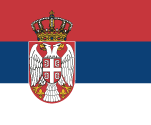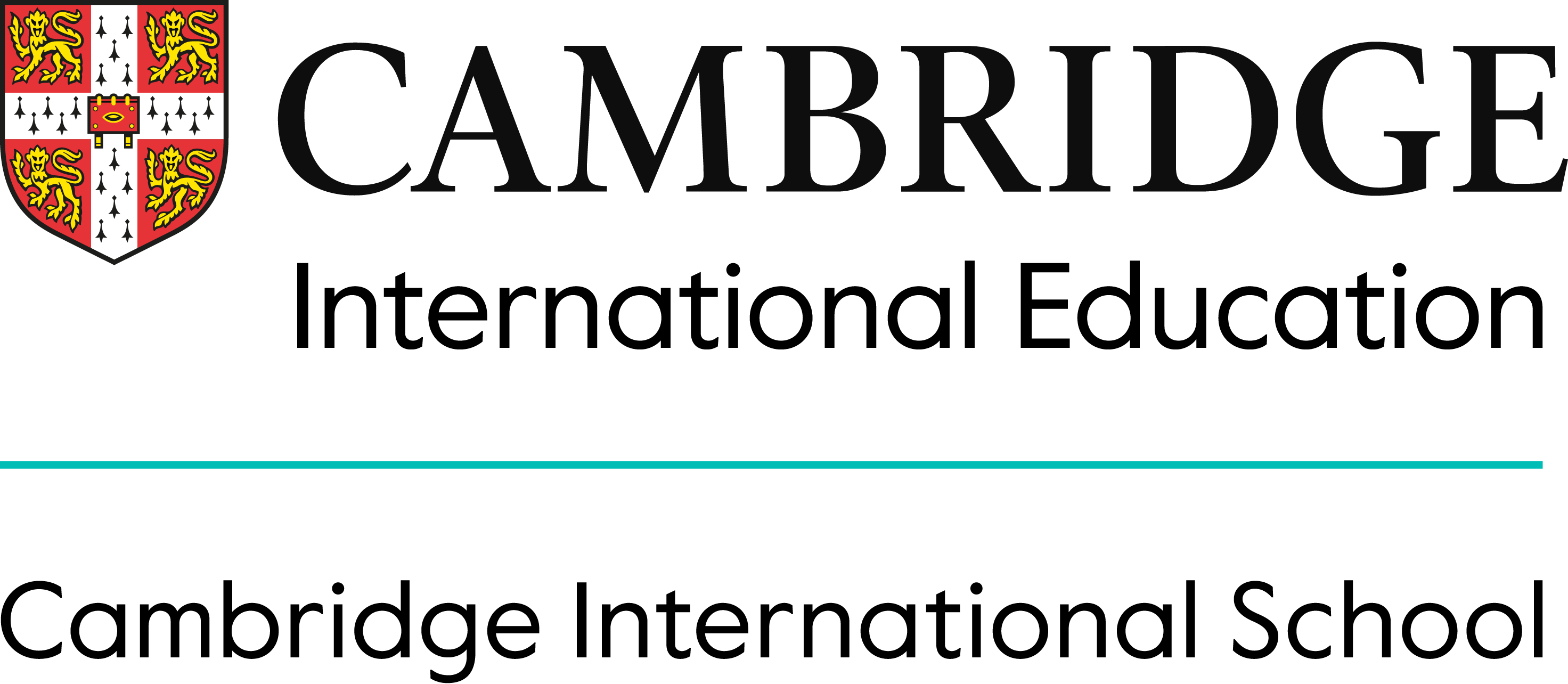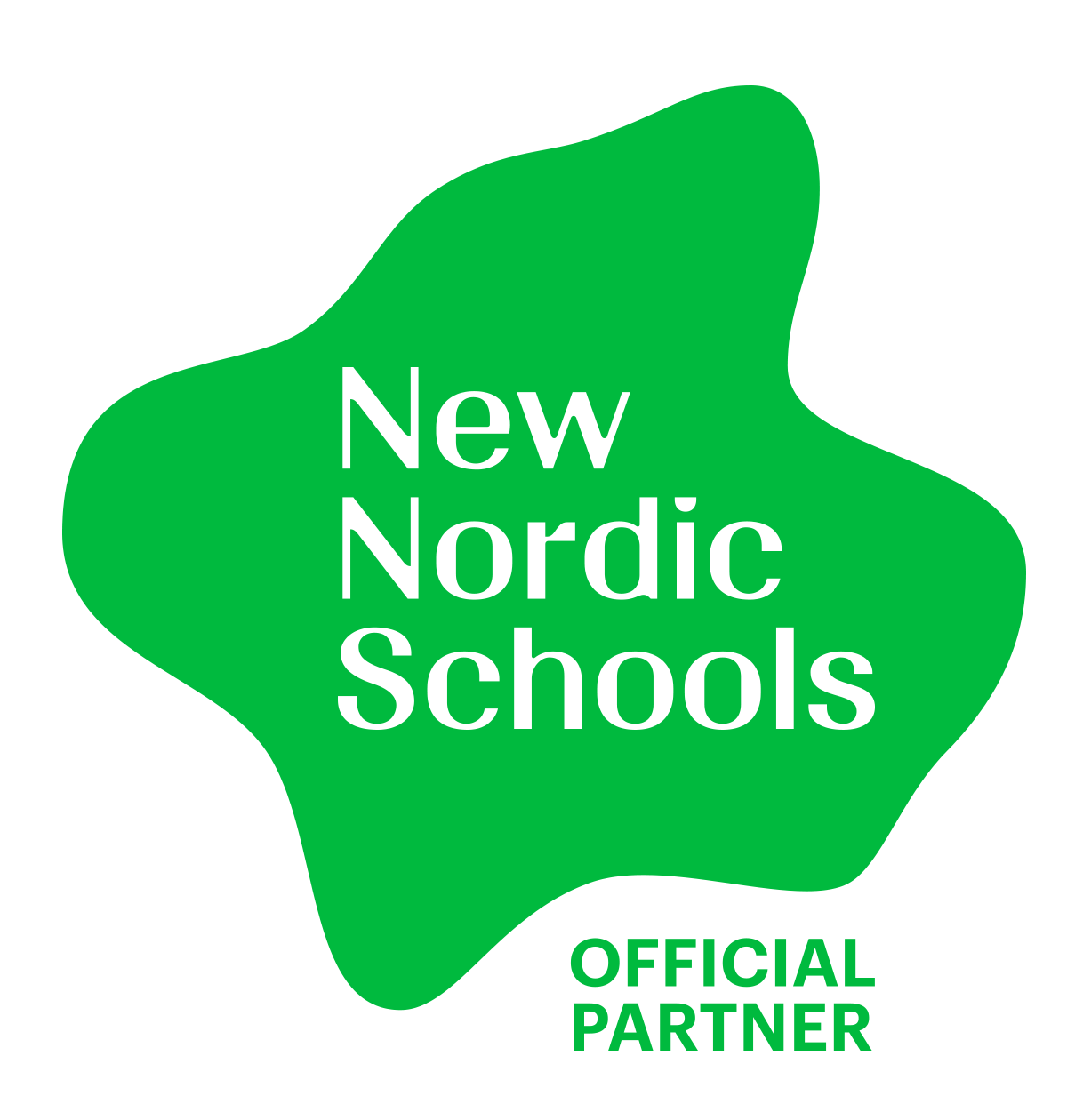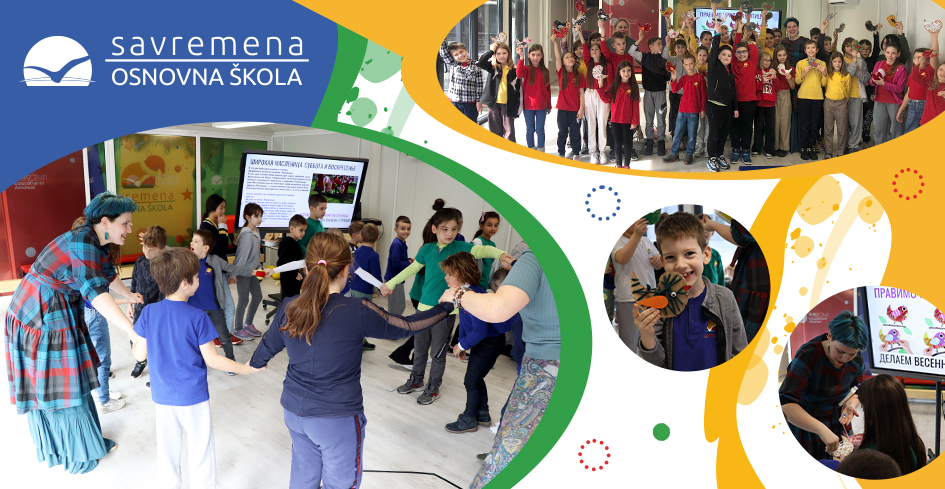
The most cheerful Russian holiday was celebrated in our school
linkadmin / / Blog, I-IV, Kombinovani, Nacionalni, Uncategorized, V-VIII / March 1, 2023
The most cheerful Russian holiday was celebrated in our school
The holiday that heralds the arrival of spring
Nurturing multiculturalism, last Friday our school celebrated the Russian holiday Maslenitsa. The organisers of this traditional holiday, which bids farewell to winter and welcomes spring, were the parents of our students from Russia.
Our school’s lower grades students had the opportunity to learn about how this holiday is originally celebrated through a great video presentation prepared by our organisers. After the educational part, a traditional Russian dance followed which welcomes this holiday. Then, spring birds were made, and at the end, everyone has pancakes, which are an integral part of this holiday.
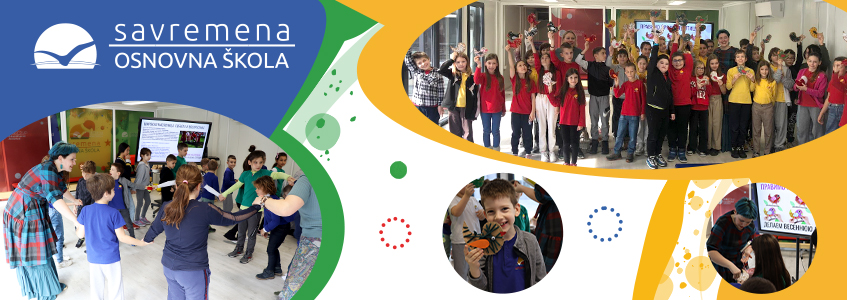
Here are some more interesting facts about this famous Russian holiday:
Maslenitsa is one of the most fun and long-awaited holidays of the year and it is celebrated for seven days just before Great Lent. During this holiday, people rejoice, visit other people, organise parties and eat pancakes.
On the first day of this holiday, people made a scarecrow of straw to scare the winter, dress it in old clothes and drive on a sledge through the village while singing. From that day on, the celebration began throughout the whole village: sledging, folk singing and dancing, performances by comedians and puppet theatre led by Petrushka. People in disguise walked the streets with masks and drove to famous houses, where they held improvised small concerts. Each family set tables with delicious food, baked pancakes, and brewed beer. There were trade tents everywhere which sold roasted nuts, gingerbread and hot sbitna (drinks made of water, honey and spices).
Thursday, which was called “Rejoicing”, represented the centre of play and fun. On that day, hot Maslenitsa fistfights took place. The mother-in-law was obliged to send and provide everything necessary for making pancakes to her daughter’s house in the evening: a pan, a ladle, etc., while the father-in-law sent a bag of buckwheat and cow’s butter. On Friday, everyone gathered and ate. During those days, folk celebrations were mostly held.
Sunday was called “Forgiveness”. On this day, people ask each other for forgiveness for all the insults and troubles that have been caused to them. In the evening it was customary to visit cemeteries and “say goodbye” to the dead. On the last day of Maslenitsa week, the most interesting event takes place – saying goodbye to Maslenitsa – with the ceremonial burning of the winter scarecrow. People also threw pancakes and leftover treats into the big campfire.
We are very grateful to our friends from Russia who shared with us a part of their culture and cultural identity. We are happy to learn about other people and their customs, support them and remember the good old proverb: “If you respect others, don’t worry about yourself!”
